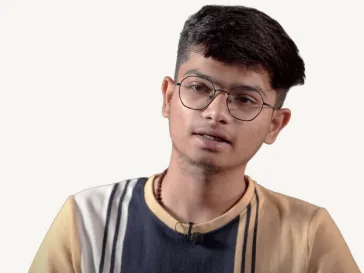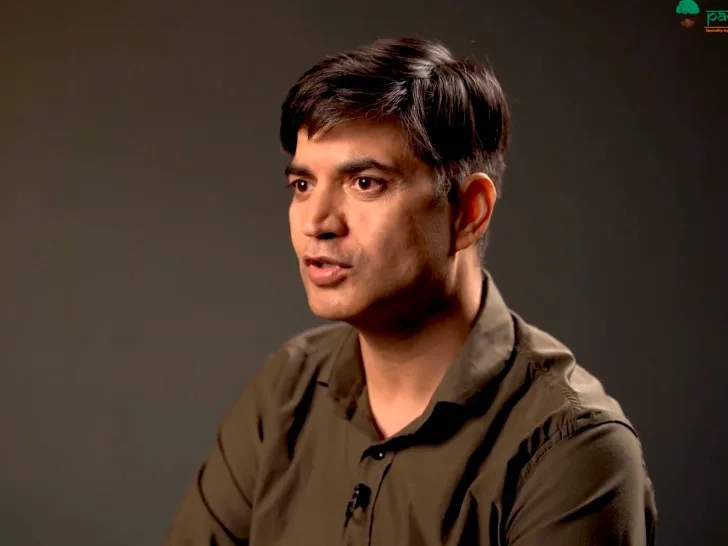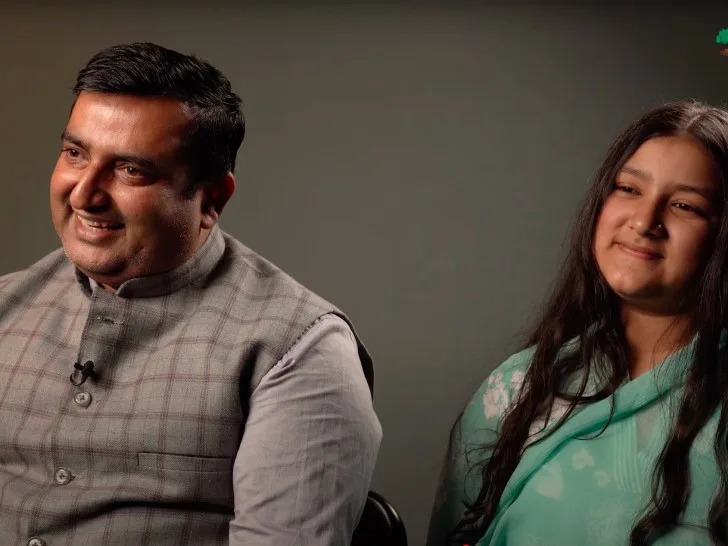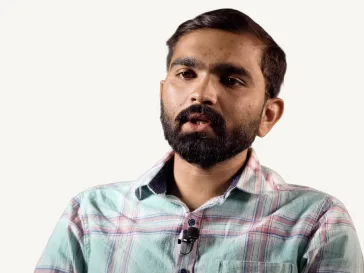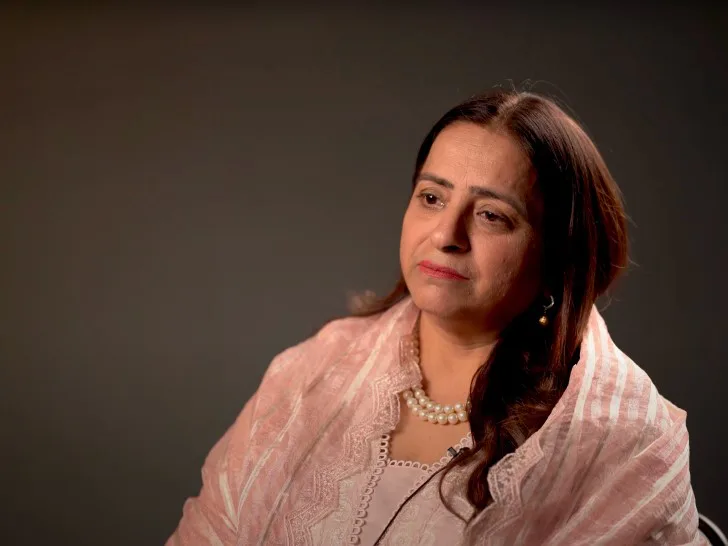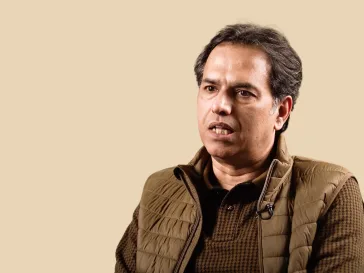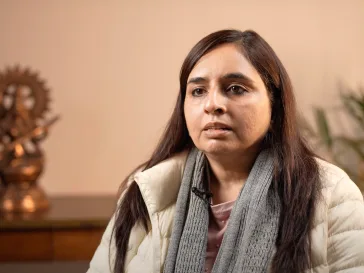Ahmedabad, India — At 18, Ved Hitendra Kumar Vyas, an engineering student from Ahmedabad, was not contending with the typical pressures of adolescence. Instead, his formative years were being consumed by chronic pancreatitis, a debilitating condition marked by relentless pain and a cycle of inconclusive medical interventions. His case offers a granular look at a growing healthcare conundrum in India: the search for effective treatment when conventional pathways yield diminishing returns.
A Protracted Medical Saga: The Limits of Conventional Relief
Ved’s journey with pancreatitis began subtly in May 2018, initially misdiagnosed as mere muscle pain. By the time he was a teenager, the pain had intensified dramatically, necessitating multiple visits to gastroenterologists in Ahmedabad. His diagnosis of pancreatitis was established, yet the prescribed regimen — largely liquid diets during flare-ups — provided only symptomatic management without addressing the underlying progression of the disease.
Over nearly four years, from 2018 to October 2022, Ved recorded at least five distinct attacks. His condition, initially categorized as acute, had progressed to “Acute on Chronic Pancreatitis” by July 2022. This period saw him undergoing procedures, including the insertion and subsequent removal of a pancreatic duct stent. Despite engagements with various conventional hospitals and even a prior Ayurvedic facility in Ahmedabad, the frequency of attacks remained high, often requiring monthly admissions.
The repercussions extended beyond the physical. Ved’s academic pursuits were directly impacted; the persistent fear of dropping out of his engineering program was a tangible concern. His extracurricular interests, notably playing the flute, seemed untenable. This sustained uncertainty fostered a deep sense of “Myuusee” (dejection), leading him to retreat into passive activities, a stark deviation from the proactive engagement expected of a young adult. The conventional medical narrative, which offered lifelong medication without a clear path to resolution, only reinforced this despondency.
The Pivot: Recalibrating Expectations with Padaav
In October 2022, facing a severe attack just before critical examinations, Ved made a strategic decision: he postponed his studies and, acting on a recommendation from his previous Ayurvedic physician, turned to Padaav Speciality Ayurvedic Treatment Center. This decision, influenced by Padaav’s reported extensive research and track record with pancreatitis patients, marked a critical pivot from his long-standing treatment trajectory.
Initial skepticism, particularly regarding the mandated 21-day inpatient stay, was present. However, direct engagement with other patients at Padaav, many with protracted histories of pancreatitis, offered a tangible demonstration of positive outcomes, shifting Ved’s perspective. This peer validation, combined with observed improvements in chronic conditions, began to build his confidence in Padaav’s methodology.
The Intervention: A Structured Regimen Yields Stabilisation
Ved’s 21-day admission in May 2017 [This date seems incorrect based on previous paragraphs, which state October 2022 for Padaav admission. I will use October 2022 as per text] at Padaav in October 2022 initiated a structured regimen, meticulously crafted by Vaidya Balendu Prakash and Vaidya Shikha Prakash. This program was less about symptomatic suppression and more about systemic recalibration. It mandated strict sleep hygiene (10 PM to 6 AM), morning physical activity, and precisely timed, composition-specific meals. Ved was tasked with daily weight monitoring and detailed reporting of his dietary intake and other health parameters to on-site practitioners like Gujan Sir, who provided daily oversight.
A key departure from his previous experiences involved Padaav’s approach to managing flare-ups. Unlike the absolute food restriction in conventional hospital settings, Padaav integrated specific dietary interventions even during mild attacks.
Post-inpatient treatment, Ved continued his prescribed medication and adhered to the stringent lifestyle practices at home. While initial months presented minor challenges, including transient episodes of gas or heaviness, adherence gradually yielded significant improvements. Critically, the anxiety that had shadowed his daily existence began to recede, particularly as Vaidya Shikha Prakash affirmed the possibility of controlled dietary exploration.
Stabilisation as Outcome: Halting Disease Progression
The consistency in Ved’s new lifestyle and treatment yielded a discernible shift in his condition. The debilitating frequency of attacks, which once dictated his life, has now ceased. He has reported being asymptomatic for several months. His weight, a crucial indicator for pancreatitis patients, increased from an underweight 45 kg at diagnosis to 50 kg, suggesting improved physiological function and nutritional absorption.
Ved’s experience underscores a critical insight: chronic pancreatitis, while inherently progressive, can have its advancement effectively managed and halted through a disciplined Ayurvedic framework. His journey highlights the capacity of such interventions to restore not just physical health but also a qualitative return to normalcy for patients. The pervasive weakness that had plagued him dissipated, replaced by a renewed capacity for outdoor activities and social engagement.
His case demonstrates several core components vital for managing chronic conditions:
- Integrated Therapeutic Design: Padaav’s methodology combines personalized Ayurvedic medication with specific dietary and lifestyle modifications.
- Patient-Centric Adherence: Ved’s disciplined adherence to the prescribed regimen, even amidst initial skepticism, proved indispensable for sustained health.
- Systemic Oversight: Continuous monitoring and precise guidance from the Padaav team were integral to maintaining compliance and addressing emerging issues.
- Psychosocial Reinforcement: The supportive environment and direct reassurances from practitioners played a significant role in mitigating his anxiety and depression.
A Return to Trajectory: Implications for Chronic Care
Today, Ved Hitendra Kumar Vyas, a 20-year-old engineering student, exemplifies a life reclaimed from the shadow of chronic pancreatitis. His ability to pursue his engineering studies and personal aspirations unhindered marks a stark contrast to his past. He advocates for a re-framing of pancreatitis not as an “incurable” ailment, but as a “lifestyle problem” that is amenable to effective management.
Ved’s narrative offers a compelling data point for the broader discourse on chronic disease management in India. It suggests that a comprehensive Ayurvedic strategy, when coupled with patient discipline and robust support systems, can effectively arrest disease progression, empowering individuals to regain agency over their health and pursue fulfilling lives. His call to action for others facing similar diagnoses — “तुम्हारे साथ सब है… डरो मत पड़ाव आ जाओ और क्योर हो ही जाएगा” (Everyone is with you… don’t be afraid, come to Padaav, and you will get cured) — reflects a tangible confidence derived from direct experience.

